TEHRAN (Bazaar) –Nader Entessar, Professor Emeritus of Political Science from university of South Alabama says that if the Biden administration and Iran somehow decide to sidestep the issue of delisting the IRGC from Washington's “terrorist” listing, then reviving the JCPOA will become very likely.
“If the United States insists on excluding Russia from non-nuclear trade and interactions with Iran, then, any possible deal will be in jeopardy,” Entessar told Bazaar.
Following is the full text of the Bazaar interview with Professor Entessar:
Bazaar: The High Representative of the European Union for Foreign Affairs and Security Josep Borrell, is scheduled to arrive in Iran tonight, Saturday. What is the significance of this trip?
Entessar: This is one more attempt by the EU to try to revive the JCPOA. I think the EU fears that despite progress in Vienna talks, the remaining problems may undo whatever achievements that have been made so far.
Bazaar: After traveling to Iran, Borrell will leave for Washington. The issue of removing the IRGC from the terrorist list seems to be the most important issue left. Will this issue be resolved on these trips?
Entessar: This is indeed the most serious obstacle to reaching an agreement. The Biden administration will be savaged by many in the United States (both Republicans and Democrats) if it concedes on this issue, and Biden himself, as the saying goes, will be “skinned alive.”
It will take yeoman's work and enormous diplomatic skill to overcome this obstacle, especially in the highly polarized and toxic environment of American domestic politics. However, if the Biden administration and Iran somehow decide to sidestep the issue of delisting the IRGC from Washington's “terrorist” listing, then reviving the JCPOA will become very likely.
Bazaar: Russia has stated that the United States has given written guarantees regarding Russia's trade with Iran. But the United States has said that the guarantee is only for Russia's cooperation with Iran in nuclear issues. What effect will the nuclear deal with Iran have if there is a problem after the possible agreement between Russia and the United States?
Entessar: Russia is a full party and a signatory to the original JCPOA. Assuming that there will be an agreement and the U.S. once again rejoins the nuclear deal, it will be very difficult for one member (i.e. the U.S.) to deny another member (i.e. Russia) the full privileges that the nuclear envisions for all parties. If the United States insists on excluding Russia from non-nuclear trade and interactions with Iran, then, any possible deal will be in jeopardy.
Bazaar: Given the internal opposition, what is your assessment of the future of the JCPOA if an agreement is reached? If the United States withdraws from the JCPOA again, what is the future of Iran's nuclear program?
Entessar: If an agreement is reached, we will see a flurry of activities by the opponents of the deal to make its implementation very difficult. Congress will especially become active in passing legislation that will make the deal's implementation by the Biden administration very difficult. Also, under the best of circumstances, the revived nuclear deal will have a limited shelf life, especially if Biden's opponents and the Republican Party take control of Congress after this year's mid-term congressional elections.
Furthermore, if the Republicans take back the White House in 2024, any Biden-made deal with Iran will be scuttled. So, the issue is not "if" the United withdraws from the JCPOA again; rather, the question is what will happen "when" Washington withdraws again from a new deal with Iran. Under the original JCPOA which was signed in 2015, Iran had no "Plan B" in the case of the U.S. withdrawal from the agreement. One would hope that Iran has learned from its previous mistakes.

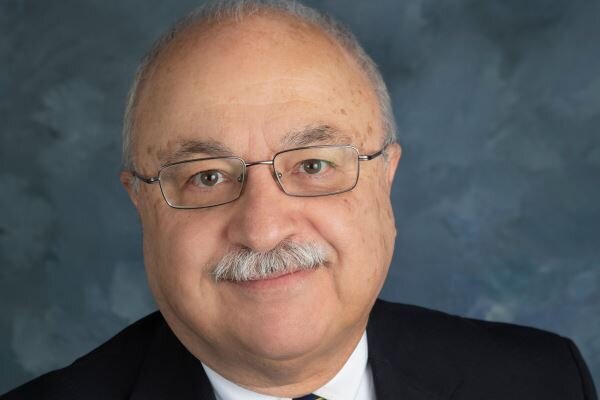





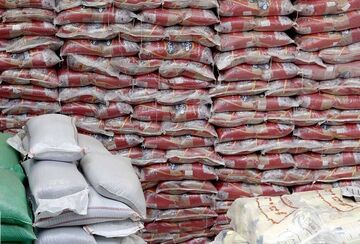


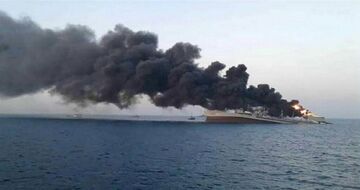
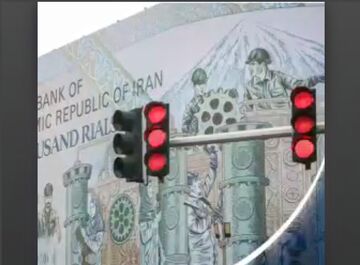
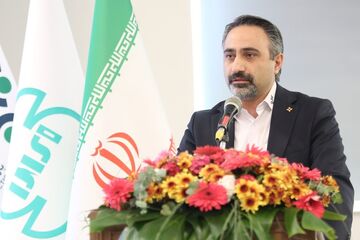


نظر شما